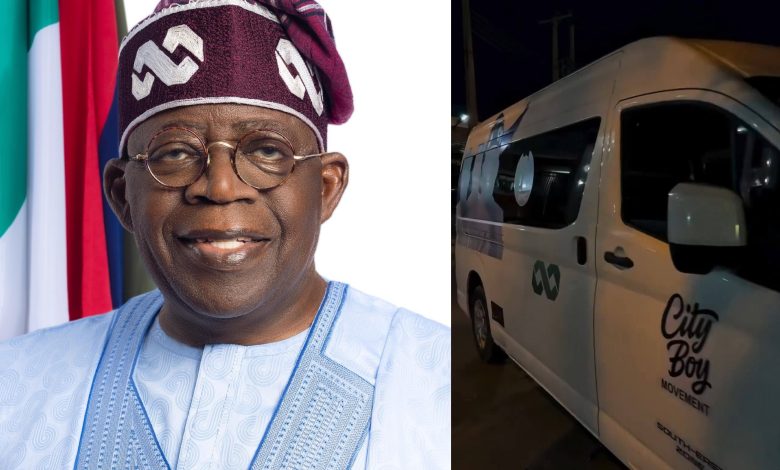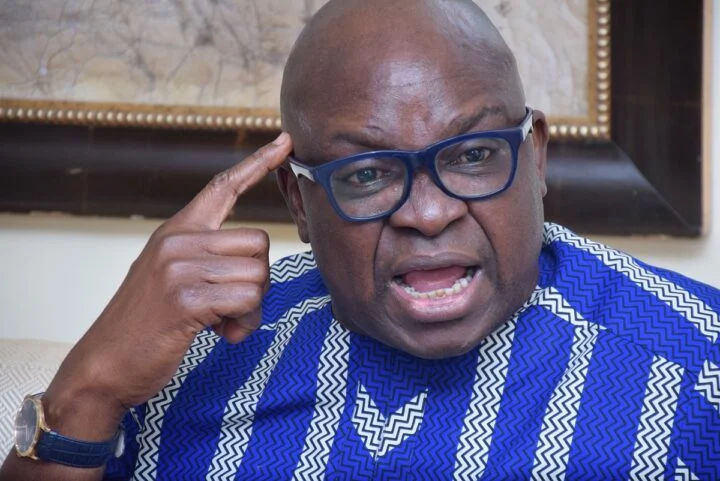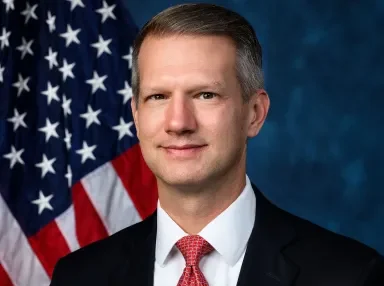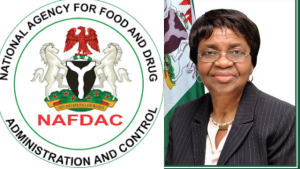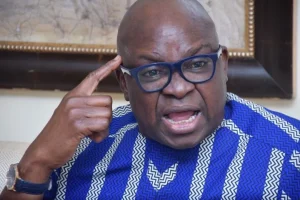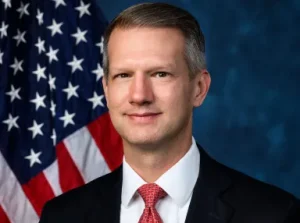2023-2025 11.3 trillion deficit poses a new threat to Nigeria’s economy – MTEF/FSP
The Senate’s Committee on Finance, led by Senator Solomon Adeola Olamilekan, brought attention to the Medium Term Expenditure Framework (MTEF) and Fiscal Strategy Paper (FSP) for the years 2023–2025 last week. These documents outlined not prospects but rather challenges that would face Nigeria in the 2023 fiscal year.
The MTEF/FSP is a policy document that addresses the financial requirements of the various Ministries, Departments, and Agencies of government; as such, it serves as a preview of the annual appropriation that will be presented to the joint session of the upper and lower legislative houses in the near future.
The annual budget is often presented before MTEF/FSP is passed by both Chambers. The 2023 budget was supposed to be presented by President Muhammadu Buhari in the first week of October 2022, but due to a lack of room caused by the ongoing N30 billion renovation of the National Assembly Complex, the upper and lower legislative Chambers would receive the budget documents separately.
After returning from a two-month yearly break, the Speaker of the House of Representatives, Hon. Femi Gbajabiamila, confirmed the separate submission on Tuesday, at which President Buhari will not be present in person.
Before they were made available to lawmakers for legislative debate, the MTEF/FSP public hearing gave the Finance Committees of the lower and upper Chambers the opportunity to question the Chief Executives of the government agencies on the next year’s proposal submitted to the Budget Office of Federation.
Even after receiving over 70% of the 2022 budget from the Federal Ministry of Finance, some government Ministries, Departments, and Agencies still performed egregiously poorly, according to the PulseNets observation of the week-long MTEF/FSP public debate in the Senate. According to the rationale of the Senate Committee on Finance members, the substantial underperformance, particularly of the revenue-generating agencies, would jeopardize the 11.03 trillion Naira budget deficit. The overall budget for 2023 was N19.76 trillion when it was last seen by PulseNets in Abuja. Of that amount, the federal government would need to find funding for almost 60% of the total budget.
After hearing presentations from some revenue-generating organizations that were unable to reach their annual goals, the Committee’s chairman, Senator Solomon Adeola Olamilekan, threatened that the National Assembly might implement “the Stephen Orosonye Report,” which called for the consolidation of more than 400 government parastatals in order to reduce costs.
He warned that money must be raised to cover the deficit and asked the chiefs of government agencies to take their responsibilities seriously. He emphasized that the parliament was prepared to change the appropriate sections of the Finance Act 2021 as modified to help the government’s revenue-generating organizations produce more money.
The legislator argued that while the heads of revenue-generating agencies must be resourceful in order to produce monies to cover the deficit, the FG cannot borrow cap in hand.
He said: “Heads of revenue generating agencies should look for other sources of revenue generation to reduce borrowing and ultimately the deficit in the nation’s budget.
Any agency that fails to meet its targeted revenue generation has outgrown its usefulness and will be reduced to a department under the relevant Ministry.”
Mrs. Zainab Ahmed, the Minister of Finance, Budget, and National Planning, voiced concern over the budget deficit and cited the myriad of issues the country was facing as well as the incapacity of government organizations to raise money.
In accordance with President Muhammadu Buhari’s commitment to properly funding government agencies, the Minister revealed that more than 70% of the 2022 budget has been disbursed to various agencies.
Sani Musa, a member of the committee and senator for the Niger East senatorial district, made the observation that given Nigeria’s monopolistic economic structure, the difficulties the country’s oil and gas sector faces would be a major handicap for the government.
Musa added that in order for the government to find alternate sources of money for its 2023 budget, it must start to turn its attention away from oil and gas.
“The budget of this country has been in deficit and the only thing we can do is to amend so many things in the Finance Act,” he said.
All parties involved were concerned about the widespread oil theft in the Niger Delta, which has severely hampered Nigeria’s ability to meet its 2.2 million barrel OPEC quarter need for crude oil.

